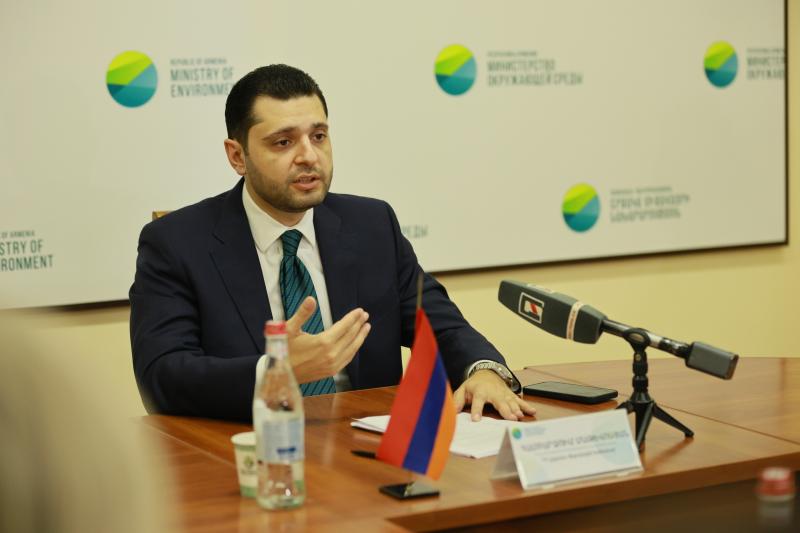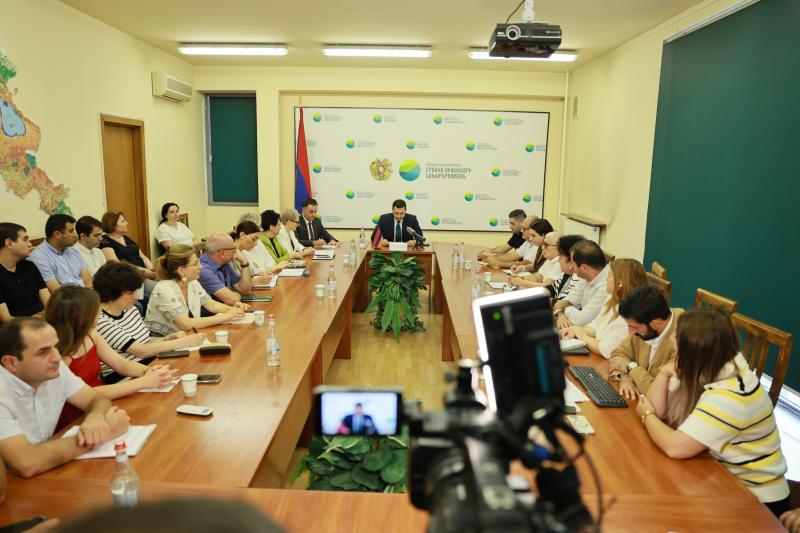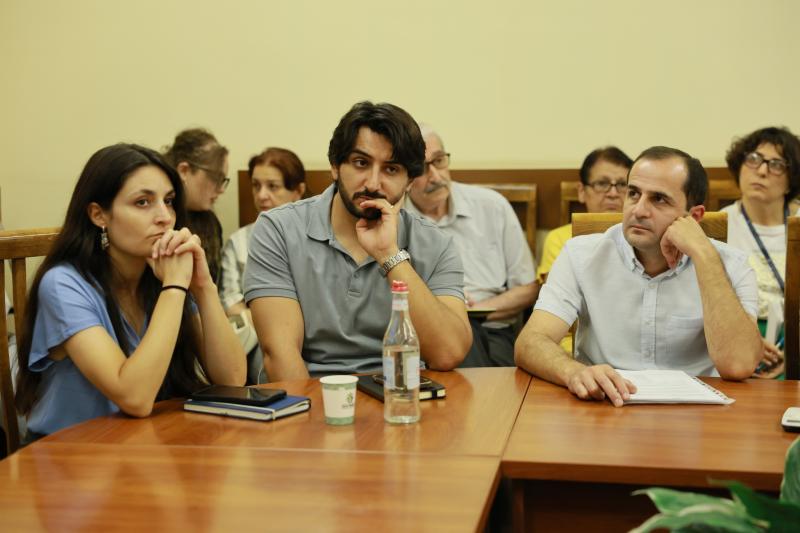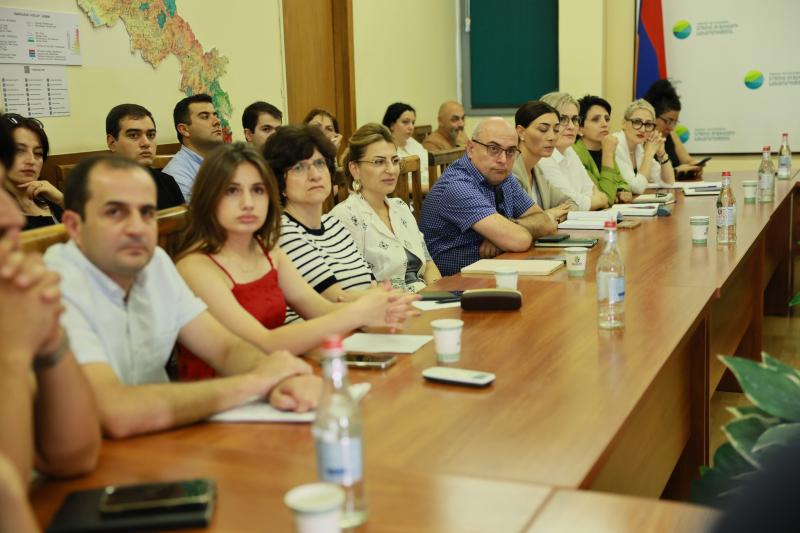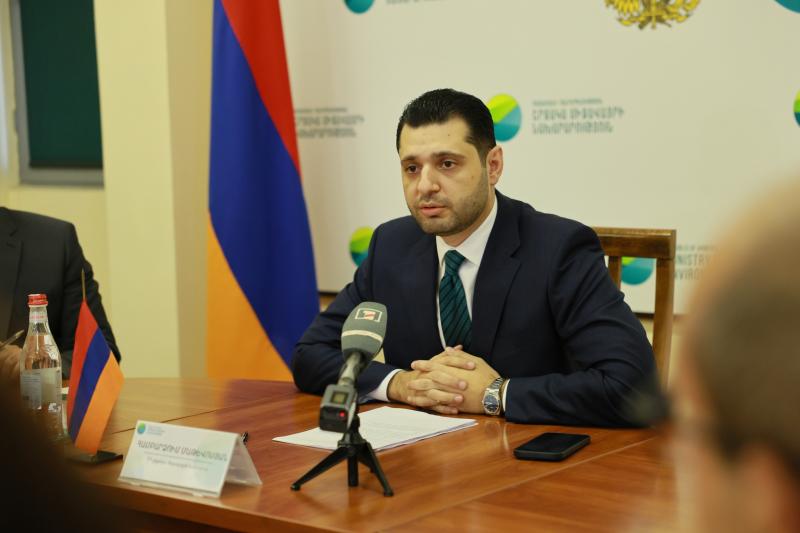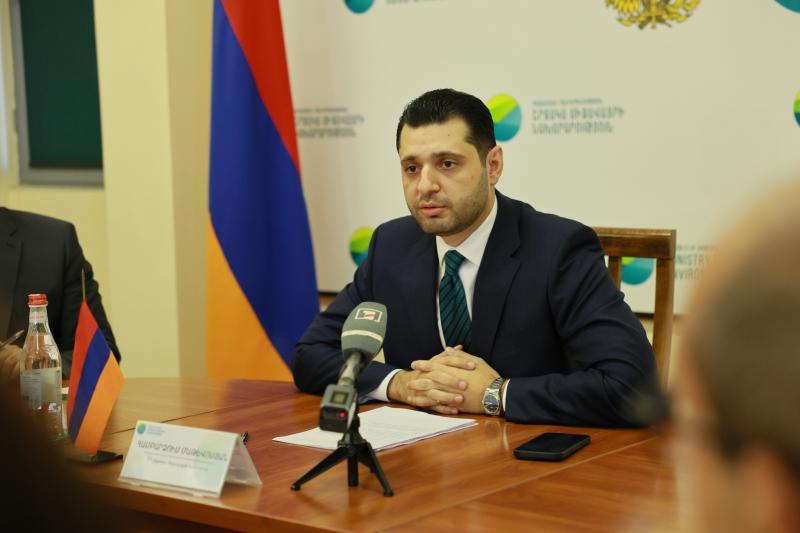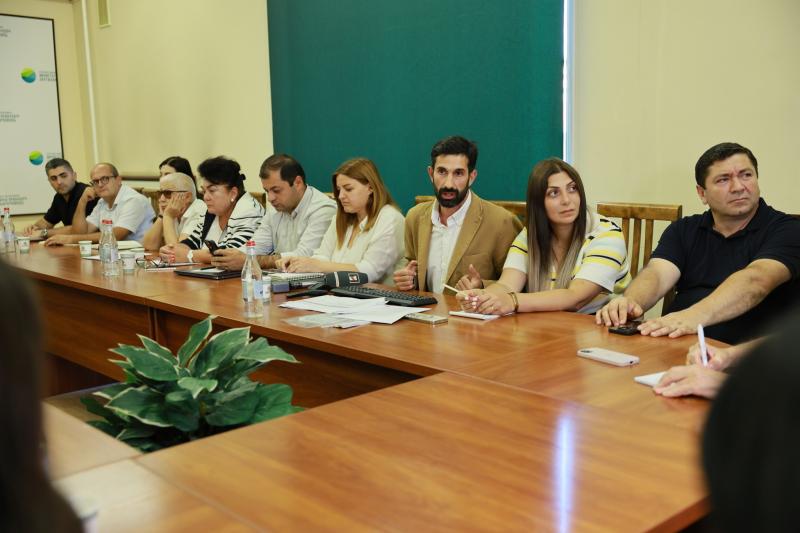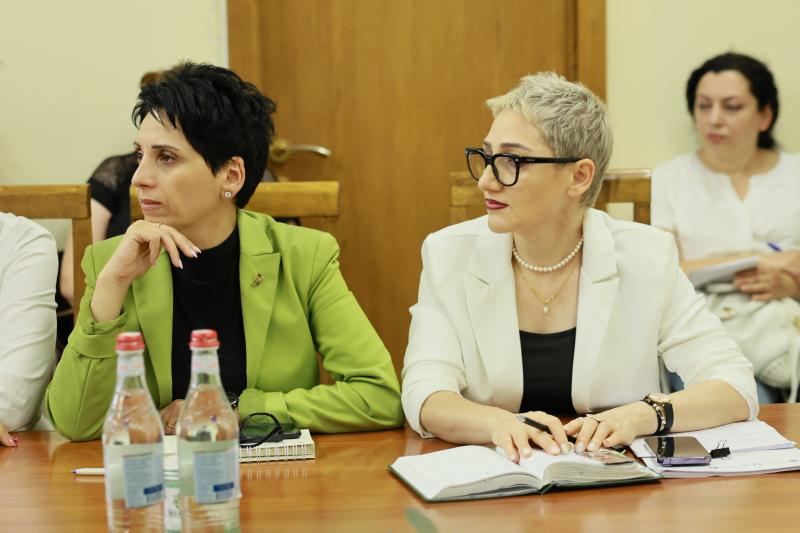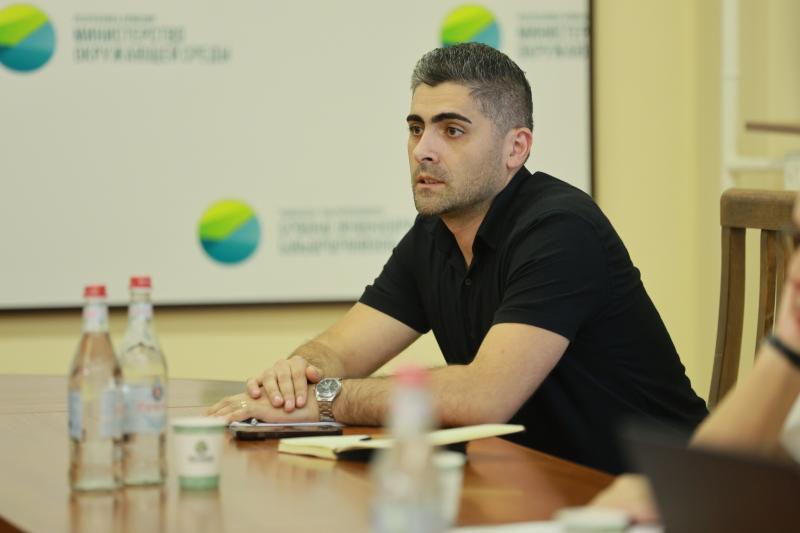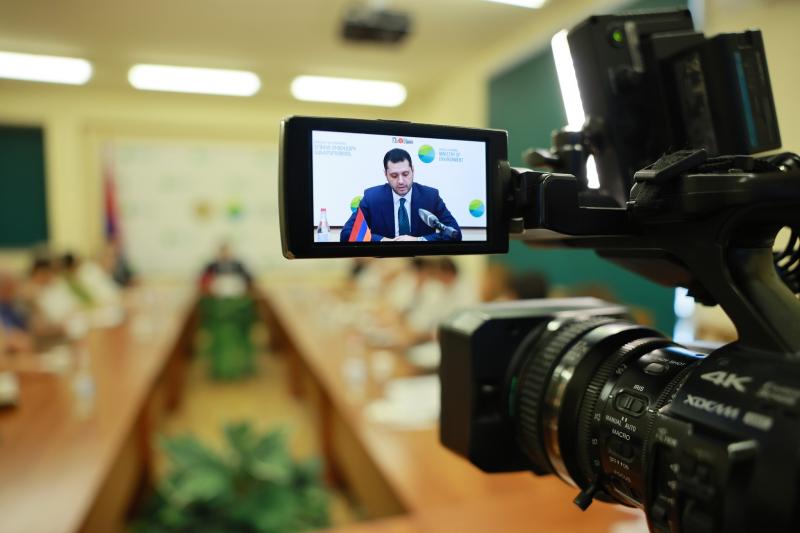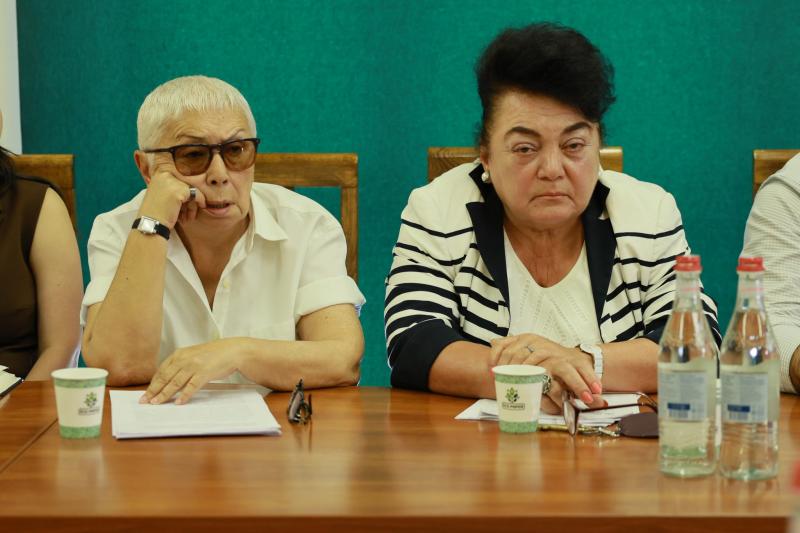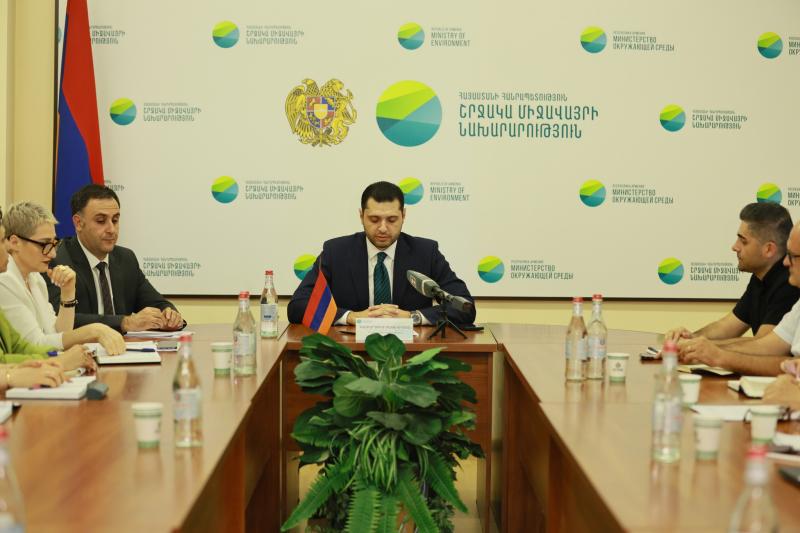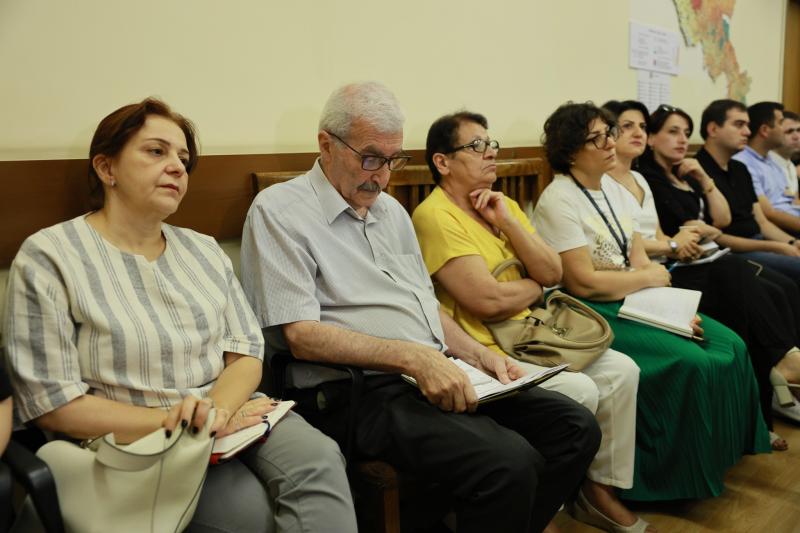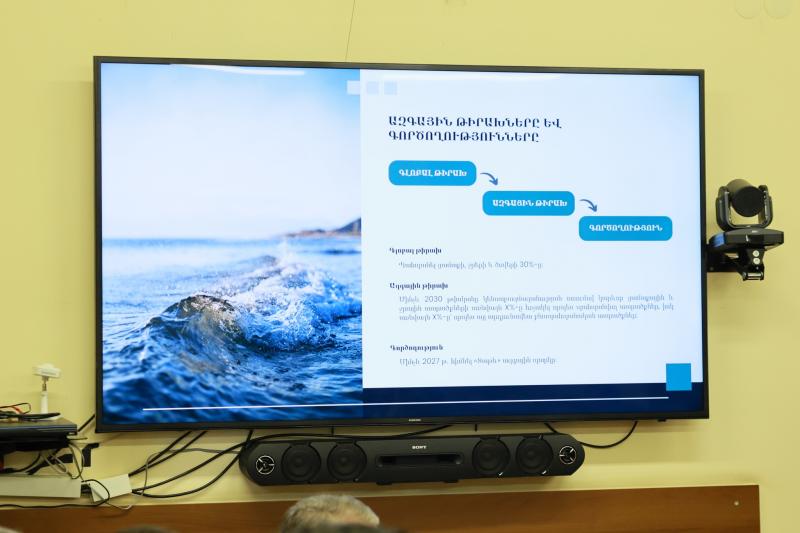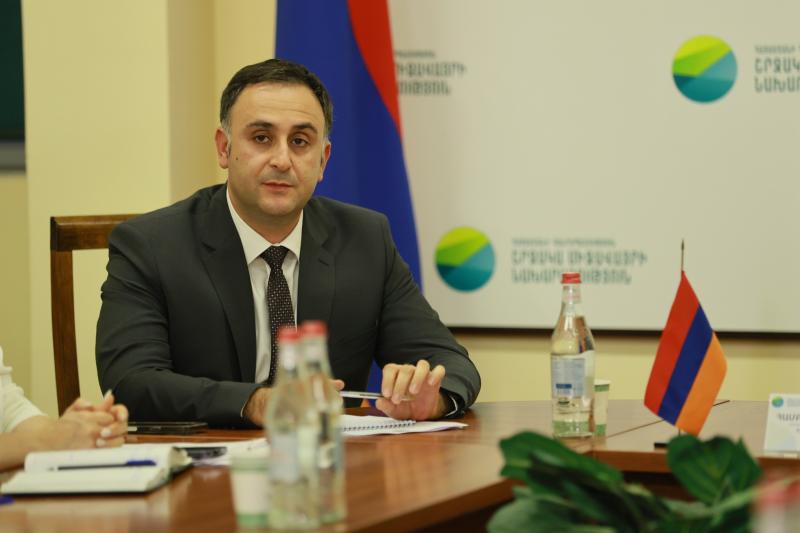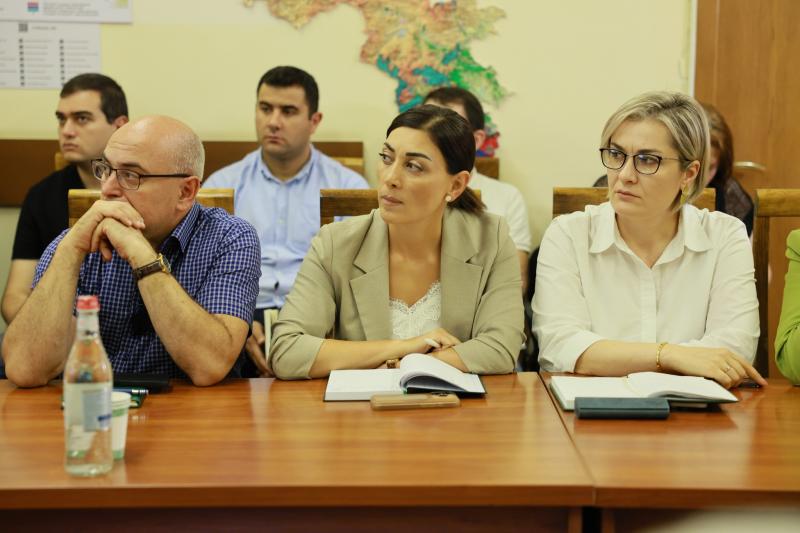The Ministry of Environment initiated the first public discussion of the draft Decision of the Government of the Republic of Armenia “On the Approval of the National Biodiversity Strategy and Action Plan of Armenia.” The discussion brought together representatives of nearly forty environmental organizations, initiative groups, and individual experts, whose experience and ideas make a significant contribution to shaping the country’s environmental policy.
Hambardzum Matevosyan, Minister of Environment of the RA delivered a welcoming speech at the discussion, stating:
“We greatly value the active involvement of civil society and the private sector in the process of developing legislative initiatives. Only through joint efforts can we create comprehensive and inclusive documents that truly serve the interests of Armenia.”
Armenia, as a party to the UN Convention on Biological Diversity, is obliged to periodically review and update its national strategy in line with international obligations and global goals. The new strategy is designed not only to ensure the full implementation of these commitments, but also to strengthen Armenia’s coordinated and accountable participation in global environmental processes.
The draft document is set to become a pillar of national policy, aligned with the objectives of both the Convention and the Kunming-Montreal Global Biodiversity Framework. Its adoption will enable Armenia to engage more confidently and responsibly on international platforms, demonstrating the country’s strong commitment to the global conservation of biodiversity.
The strategy will be accompanied by a detailed action plan, ensuring a programmatic and systematic approach. This format will help direct efforts toward priority areas while preventing the fragmented use of resources.
During the discussion, the Minister also referred to the draft Law on Climate, which had been approved by the Government on the same day. He stressed that biodiversity is heavily affected by climate change, and the adoption of this law represents a crucial step toward a comprehensive and coordinated response to these challenges.


